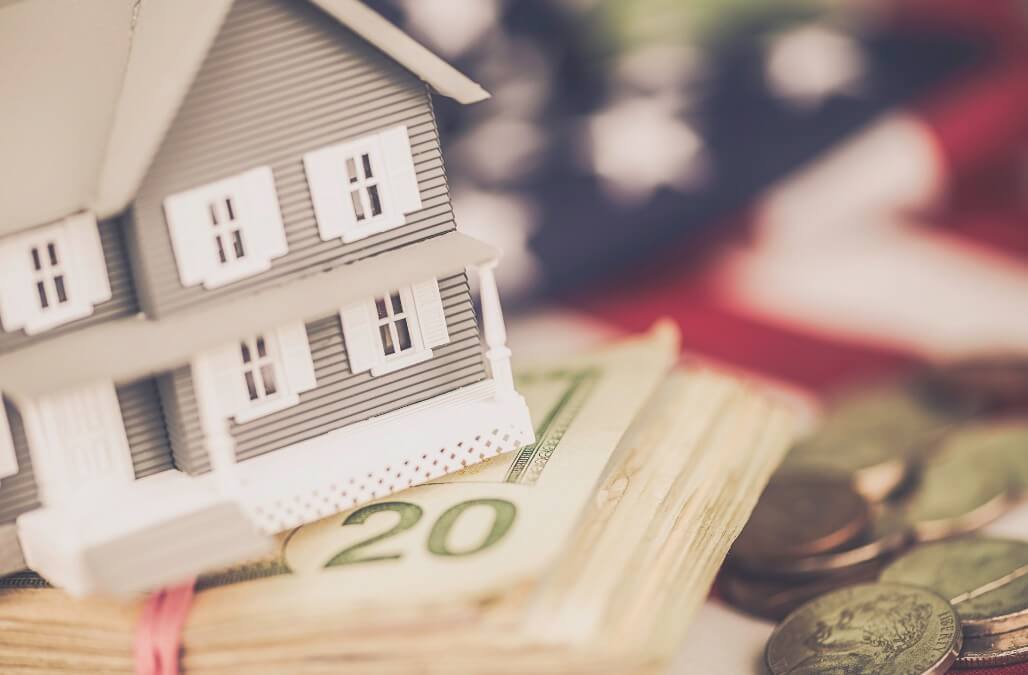The impact of inflation is felt by Americans, especially in expenses like gas and groceries. While inflation has moderated compared to a year ago, housing costs, categorized under shelter, significantly contribute to the overall Consumer Price Index (CPI) increase. In August, shelter costs rose by 0.3%, marking the 40th consecutive monthly increase and showing a 7.3% increase over the past year.
Even when adjusted for inflation, home prices have surged by approximately 10% compared to 2008. Inflation-adjusted home prices now stand at a remarkable 55% above their historical average. Concurrently, the availability of single-family homes for sale is about 60% below its historical average. As the supply diminishes, existing home sales have witnessed a 15.3% decline compared to the previous year, marking the largest drop since 2010.
Bridging perception and data reality
The economic outlook for the US suggests an anticipation of slower growth in the coming months, though a recession is not widely expected. Analysts forecast a significant deceleration, with projections ranging from a 0.6% annual growth rate in the fourth quarter to a 1.3% rate in the subsequent quarter. Throughout 2023, robust consumer spending and historically low unemployment have bolstered the US economy despite the Federal Reserve’s efforts to combat inflation by raising interest rates.
However, there is a notable disconnection between policymakers, who point to cooling inflation indicators as a sign of progress, and everyday consumers, who continue to grapple with rising costs for essentials like food, gasoline, and insurance. Core inflation, which excludes volatile items like energy and food, remains at a notable 4.3%.
This disjunction between official data and lived experiences presents a challenge for President Joe Biden as he seeks to convey the state of the economy to voters in his 2024 reelection campaign. While economic indicators may suggest stability, the realities faced by consumers are dominated by concerns about inflation and high prices.
Federal Reserve Chair Jerome Powell acknowledged this sentiment, noting that while households are generally in good financial shape, people are expressing dissatisfaction with the economy and its impact on their everyday expenses.
Housing market tightness persists
The US housing market continues to grapple with a low inventory of homes for sale, which has driven up prices and made it challenging for potential buyers. The National Association of Realtors reports that the country had a 3.3-month supply of housing inventory in July, only about half of the 5 to 6 months needed for a balanced market.
While some hope that inflation will ease in the coming months, it’s important to note that this doesn’t necessarily mean home prices will decrease. Instead, it may mean that prices will continue to rise at a more modest pace or remain stable. This slower appreciation in home prices could allow incomes to catch up, making home buying more affordable.
Jared Bernstein, the US Council of Economic Advisers chairman, has pointed out that consumer buying power has largely increased. He noted that inflation is growing slower than the pay of low- and middle-wage workers. According to him, this is evidence that the economic policies associated with the Biden administration, often referred to as “Bidenomics,” benefit Americans.
For sellers, the ongoing housing shortage may present an opportunity to fetch higher home prices. However, those looking to buy a new home will face the same competitive market conditions and higher mortgage rates as other buyers.
While a housing market correction may be needed, it is unlikely to resemble the crash of 2008 due to different market conditions. Nevertheless, any correction is likely to take some time.
Additionally, Americans are becoming more pessimistic about the economy. President Biden’s approval rating has fallen amid concerns about inflation and his economic policies, setting the stage for a challenging political landscape as he heads into a potential reelection campaign.





